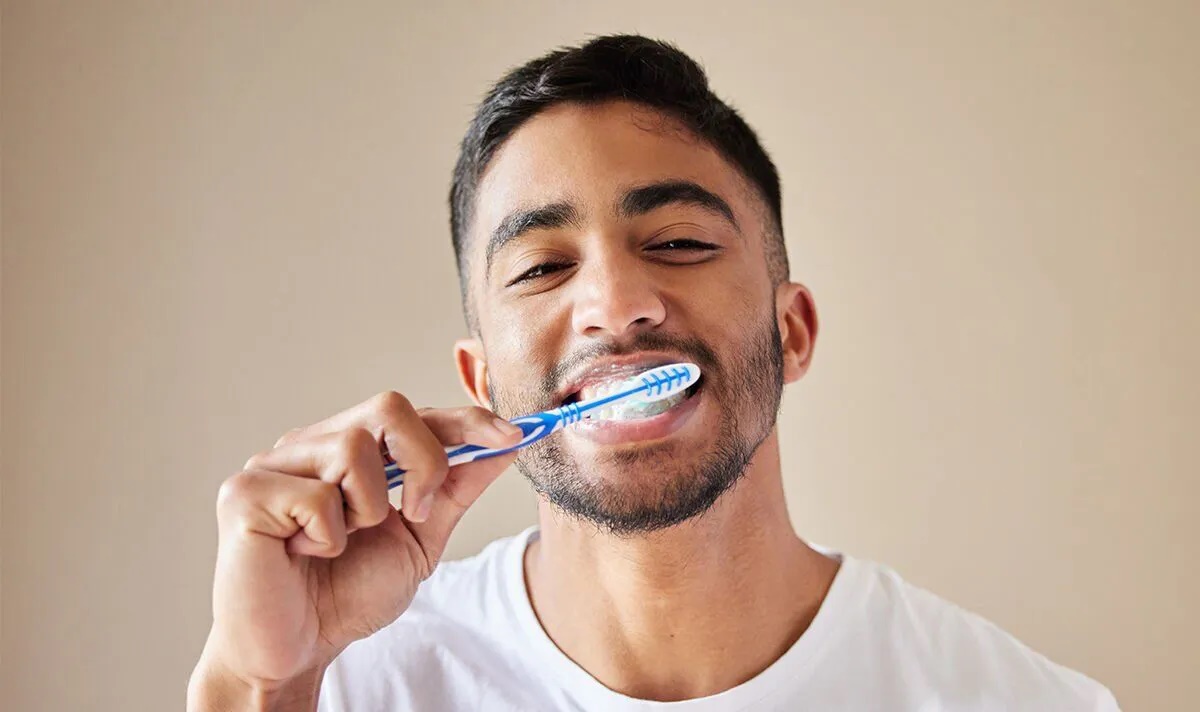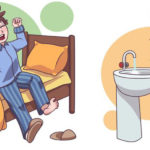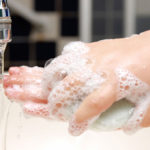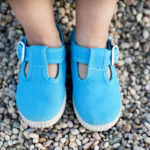Should you brush your teeth before or after breakfast?
Most dentists recommend brushing your teeth twice a day in the morning and evening before going to bed to maintain oral health. However, when it comes to brushing your teeth in the morning, whether to brush before or after breakfast is still a debatable issue for many people.
Sharing with Express, Dr. Nyree Whitley, director of My Dentist dental practice in the UK, advises against brushing your teeth after breakfast and encourages people to brush before breakfast. The expert also warns that the habit of brushing your teeth after breakfast can be harmful to your teeth.
Dr. Whitley explains: “After eating, your teeth need some time to remineralize. This process is particularly important when you consume acidic foods or drinks like orange juice, lemonade, preserves, or acidic-tasting foods and drinks. If you brush immediately after eating, the risk of enamel erosion increases.”
In addition, during sleep, the production of saliva (saliva contains cells that fight bacteria and infection) slows down, increasing the amount of bacteria in the mouth. This is one of the reasons people wake up with bad breath.
Bacteria accumulating in the oral cavity overnight, if not cleaned, can also come into contact with food, convert sugars and carbohydrates into acid that attacks the gums and tooth enamel, leading to gum inflammation and tooth decay.
Therefore, experts recommend brushing your teeth before breakfast to help remove plaque and bacteria on your teeth. In addition, using fluoride toothpaste also helps to coat the tooth enamel with a protective barrier against acids in food.
To maintain oral health, dentists recommend brushing your teeth for at least 2 minutes before breakfast. After breakfast, you can rinse your mouth with water to remove any remaining food debris so that they do not stick to your teeth throughout the day. In addition, rinsing with water after eating also reduces the impact of acid on the teeth, thereby restoring the pH level in the mouth to normal faster.
However, Dr. Whitley advises that you can still brush your teeth after eating, but wait at least 1 hour after a meal to prevent enamel erosion. Enamel erosion can gradually wear away the tooth enamel, causing teeth to become discolored, sensitive to hot or cold temperatures, and more likely to crack.

Illustration image.
In addition to the morning brushing habit, Dr. Whitley also points out some common mistakes that many people make when it comes to oral hygiene.
Using an old toothbrush
Dr. Whitley explains: “Over time, the bristles of a toothbrush become worn or change shape and no longer function effectively. Therefore, it is necessary to replace your toothbrush or toothbrush head regularly. People should replace their toothbrushes or toothbrush heads every 3-4 months.”
Brushing too quickly
Dr. Whitley warns that the habit of brushing your teeth quickly and hurriedly can prevent teeth from being thoroughly cleaned or can potentially damage the gums.
Dr. Whitley recommends: “People should brush their teeth for at least 2 minutes to be able to clean every nook and cranny in the oral cavity, remove food particles from between the teeth to protect oral health.”
Brushing too hard
One of the most common mistakes when brushing teeth is brushing too hard. People often assume that brushing harder will help clean better, but in reality, the opposite is true. Brushing too hard can erode tooth enamel and can lead to gum recession.
In addition, people should also avoid brushing horizontally and should brush with a slow circular motion on each tooth to clean the teeth more effectively.
Storing the toothbrush in a damp place
People should avoid storing their toothbrushes in cramped spaces like cabinets, especially when the toothbrush is still wet, as a humid environment can become a breeding ground for bacteria.
If you want to store your toothbrush in a cabinet, make sure to let the toothbrush dry to prevent bacterial growth. In addition, it is advisable to store the toothbrush in a separate holder, limiting contact between the brush head and other people’s brush heads.
Source: Trí Thức Trẻ


























 Breakfast
Breakfast









